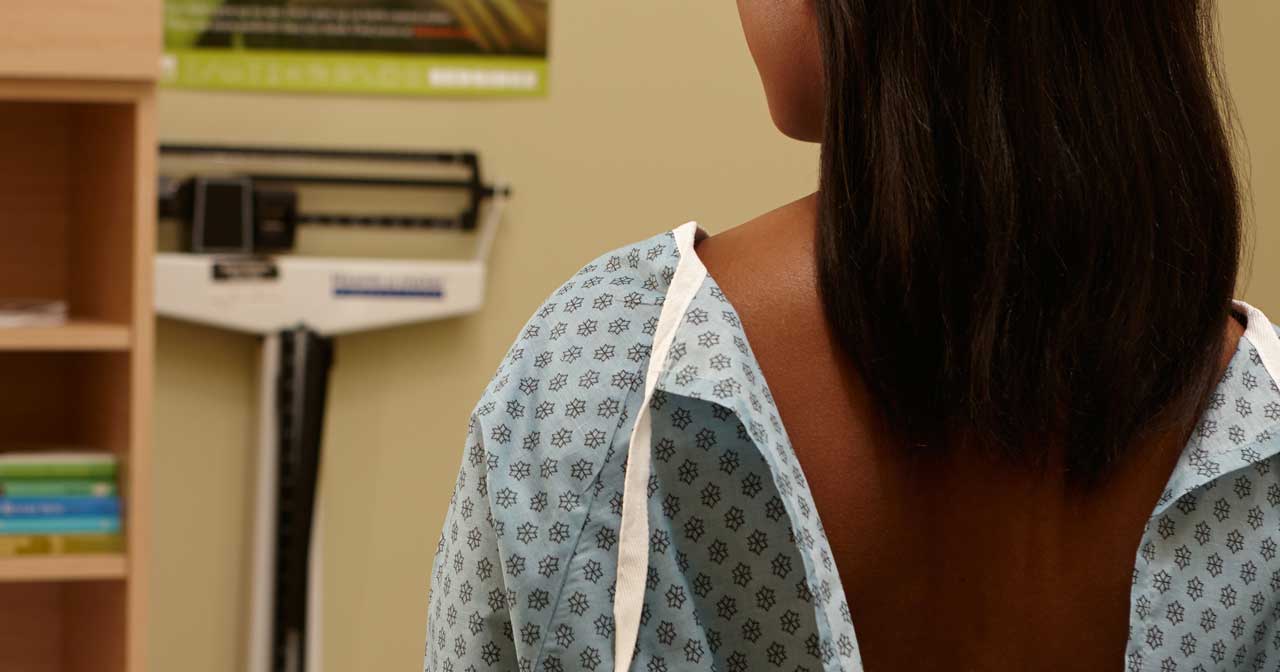Getting pregnant: Yes you can!
Just because you haven't gotten pregnant yet does not mean you don't need birth control.

As a doctor, one of the things that most surprises me is the number of women who don’t use birth control because they think they can’t get pregnant. Risk can be tricky to understand and we all want to believe that things like car wrecks and debilitating diseases never happen to us or to the people we love. The same seems to be true for accidental pregnancy—research has shown that about 30% of teens and 19% of women age 18-29 believe that an accidental pregnancy can’t or won’t happen to them. But nothing could be further from the truth.
What are the chances that I’m infertile?
For healthy women under age 30, the chances of being infertile are extremely slim. In the U.S., fewer than 1 in 100 women under age 30 get medical treatment because they’ve had trouble getting pregnant—getting audited by the IRS is more likely. (Do you know anybody who’s been audited by the IRS?) Some women may think they are infertile because they’ve had unprotected sex and not gotten pregnant, but the bottom line is that this is usually luck, not infertility. For couples under age 30 who have sex once a week and don’t use birth control, over 95% of them will be pregnant within a year.
We talk about this in terms of how often couples have sex, or how long it takes, since the chance of getting pregnant varies depending on where a woman is in her cycle. Most women have 13 cycles per year. The middle of the cycle is the most fertile time. This sounds pretty simple, but there are a lot of factors in the mix. The middle of your menstrual cycle can be anywhere from 10-17 days after your last period started. Cycles can be different from month to month, so it can be hard to predict exactly when an egg will be released (ovulation). Once an egg is released from a woman’s ovary, it lives for a day. Sperm, on the other hand, live for up to 5 days inside a woman’s body (5 days!), so having sex without birth control up to 5 days before ovulation can lead to a pregnancy.
It’s not all Wheel of Fortune…
For couples trying to get pregnant, all this uncertainty can be maddening. For couples trying not to get pregnant, getting lucky and not getting pregnant a few times can lead to a false sense of security. But rest assured, young and healthy couples having sex without contraception are extremely likely to get pregnant sooner or later. For couples who aren’t looking for that result, the good news is that there are some highly effective methods of birth control to choose from.
But what about people who really are infertile?
What about that less than 1%? If a woman’s periods are irregular, or she’s not having them at all, it’s important to talk with a health care provider. A common cause of infertility is infections that cause scarring in the tubes that connect the ovary and uterus (oviduct or fallopian tube). The sexually transmitted infection chlamydia can cause infections without symptoms—another good reason to GYT and use condoms! Other medical problems like thyroid disease can affect a woman’s overall health, as can menstruation and pregnancy. Gaining or losing a lot of weight can also make cycles change. Usually a detailed medical history and some blood tests can help your provider determine what’s going on.
In sum, assume you can get pregnant (unless a medical professional says otherwise).
If the thought of a positive pregnancy test doesn’t float your boat, why leave it to chance? It can take some effort to find a method of birth control that fits your lifestyle and budget, but the search will definitely pay off. Taking charge and preventing an accidental pregnancy with birth control: Yes you can!
How do you feel about this article?

Heat up your weekends with our best sex tips and so much more.